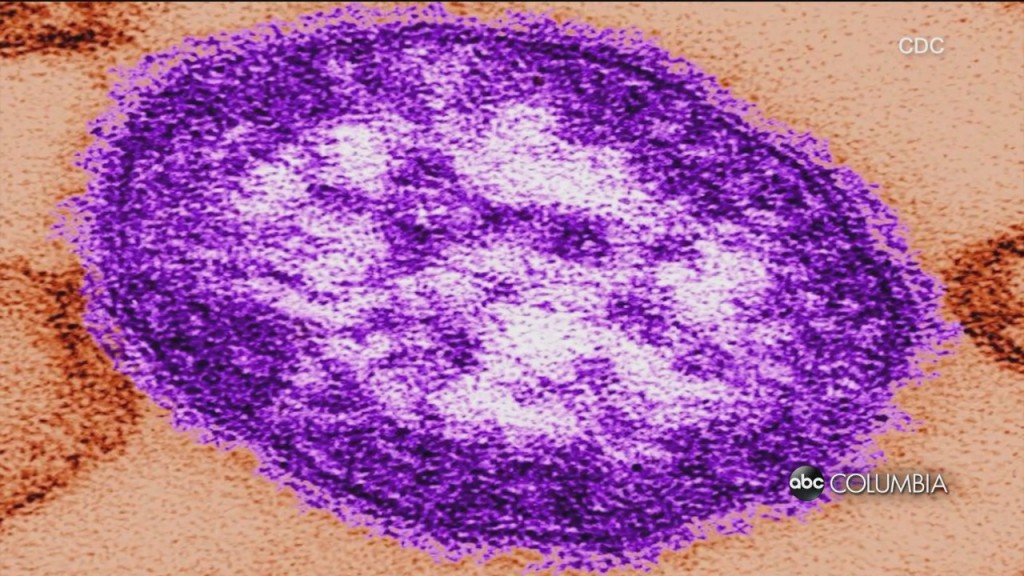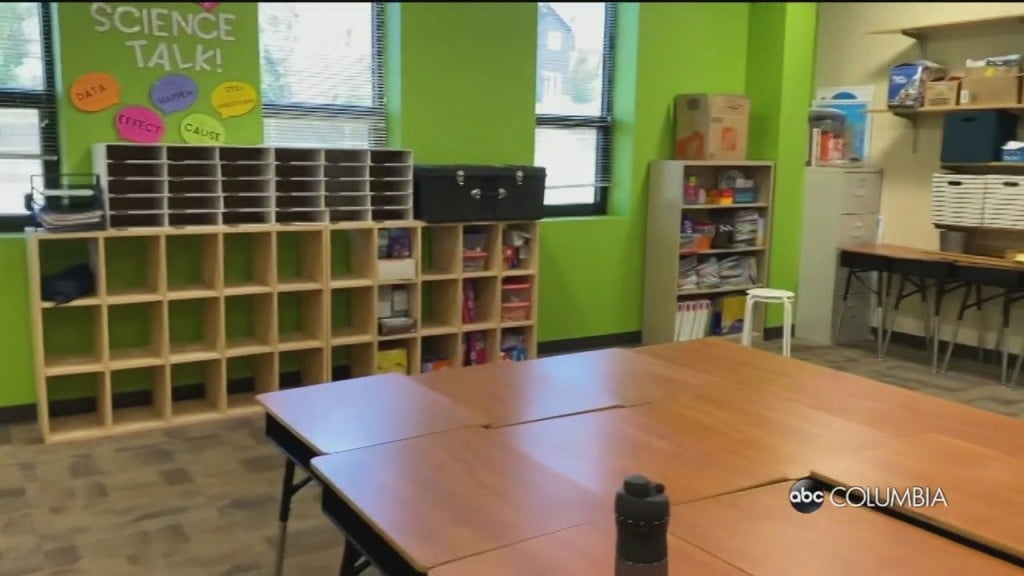SC governor’s summit discusses strategies to face opioid crisis
COLUMBIA, SC (WOLO) — In 2022 alone, almost 2,300 hundred people died from a drug overdose in South Carolina, with 81 percent being from opioids.
To help find solutions to the opioid crisis, a summit is being held and hosted by the governor this week.
“Substance use disorders and all addictions are preventable, treatable, chronic health conditions,” said Sara Goldsby, director of South Carolina Department of Alcohol and Other Drug Abuse Services (DAODAS).
Those at the South Carolina Governor’s Opioid and Addiction Summit this week hope to tackle the state’s opioid epidemic.
For the past few years, the Palmetto State’s number of overdose deaths has been steadily increasing.
“Most states have seen increases in overdoses post pandemic,” said Jodi Manz with DAODAS. “I think we are well versed in what led to that from the isolation, job loss and other factors that were affecting us all at that time.”
She adds that there is another reason why overdose deaths have gone up in recent years.
“The drug supply has all these different substances coming in that we haven’t seen before that are driving overdose deaths,” Manz said.
In 2022, 72 percent of overdose deaths in the state were caused by fentanyl, which is lethal even in small doses and many times its presence is not even known to the user.
“Fentanyl test strips are a new tool in our tool box. Those help folks detect if there is fentanyl in not only heroin but other drugs as well,” Manz said. “Fentanyl is showing up where people are not expecting it such as in cocaine, meth and even pressed pills.”
Firefighters also now have a life saving method of fighting fentanyl since they often respond to calls concerning drug overdoses.
“To provide fire departments with a tool to reverse opioid overdoses, the Reducing Opioid Loss of Life or ROLL program was created,” said state fire marshal Jonathan Jones. “The state fire academy trains firefighters to administer Naloxone to reverse overdoses.”
Since 2018, there have been almost 3,000 times where firefighters have used Naloxone, with hundreds of instances in both Richland and Lexington Counties. It’s just one of many tools that state hopes will reduce the alarming rate of overdose deaths.
“I know we can do it. Everyone is committed to it,” said Gov. Henry McMaster. “If we don’t, our people will continue to suffer too much.”


